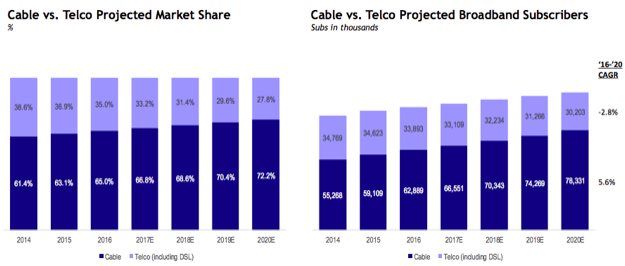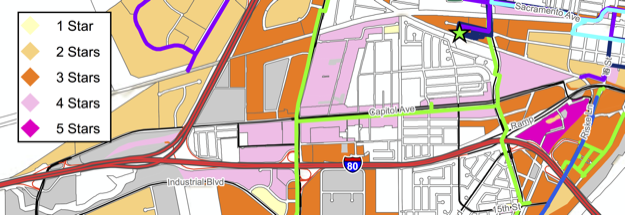No secrets in California's self driving car race

Autonomous cars will be networked cars, manufacturers will maintain constant contact, and make themselves and onboard data available to the cops. That’s one of the takeaways from a draft set of new rules for testing them on California’s public streets that was published by the department of motor vehicles. If – when – manufacturers get to the point that self-driving vehicles can be tested on the open road without someone on standby in the driver’s seat, or even without a steering wheel or other old school controls, then they’ll have to make sure that…
… MoreThere is a communication link between the vehicle and the remote operator to provide information on the vehicle’s location and status and allow two-way communication between the remote operator and any passengers if the vehicle experiences any failures that would endanger the safety of the vehicle’s passengers or other road users, or otherwise prevent the vehicle from functioning as intended, while operating without a driver.

![By Loozrboy from Toronto, Canada (Big Foot) [CC BY-SA 2.0 (https://creativecommons.org/licenses/by-sa/2.0)], via Wikimedia Commons](https://www.tellusventure.com/images/2017/4/big_foot_625.jpg)





![By Dicklyon (Own work) [CC BY-SA 4.0 (https://creativecommons.org/licenses/by-sa/4.0)], via Wikimedia Commons](https://www.tellusventure.com/images/2017/4/apple_spaceship_construction.jpg)
![By 4028mdk09 (Own work) [CC BY-SA 3.0 (https://creativecommons.org/licenses/by-sa/3.0)], via Wikimedia Commons](https://www.tellusventure.com/images/2017/4/cherries.jpg)
